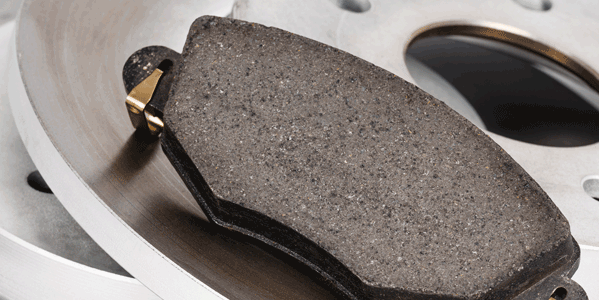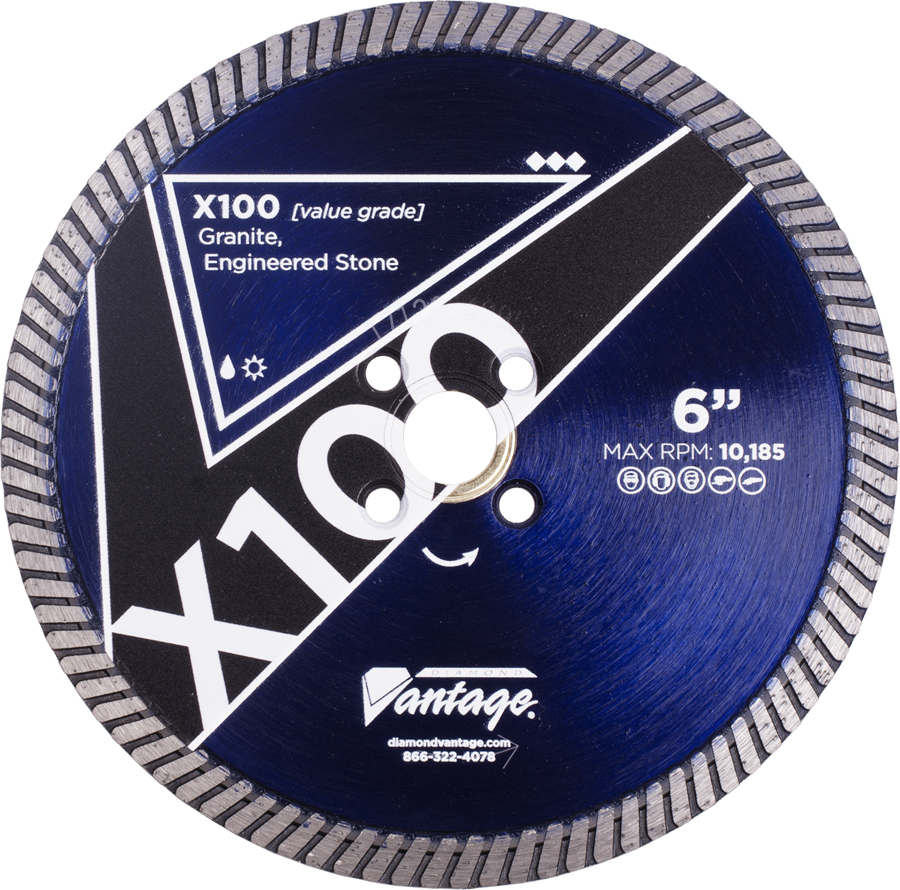Valuegrade Ceramic Brake Pads Review
6 5 x 3 7 x 3 2 inches editor s choice check price.
Valuegrade ceramic brake pads review. Fully metallic pads have all the above downsides of semi metallic pads but they may also wear your rotors quicker than other types of brake pads. Stoptech 309 10010 street performance front brake pad read review. Akebono act905 proact ultra premium ceramic brake pad set read review. Nrs brakes galvanized brake pads.
6 3 x 4 1 x 3 2 inches editor s choice check price. Good budget ceramic brake pads at around 30 per pair will fit a surprisingly wide selection of vehicles from compacts to family sedans and small pickups though finding the right ones for your vehicle could be frustrating. The brake pads replacement cost is low. Before choosing it you need to follow a couple of directions.
So go for a good ceramic front disc brake pad or ceramic rear disc brake. There s a right way and a wrong way to do anything and through the thick storm of relentless marketing hype that line can get a little blurred. You could consider changing your brake pads to either an organic low metallic nao or a ceramic style brake pad and see if that helps. For your vehicles the ceramic pads will be a great option.
It seems like an obvious thing but galvanized steel is a rarity in the brake pad world. Some brakes do make a bit more noise than others. Major differences between semi metallic and ceramic brake pads. Ceramic brake pads are the newest and.
The most likely issue is that that the brake pad is wearing out however. You can pay between 30 and 50 for a pair of ceramic brake pads. Enter ceramic and semi metallic disc brake pads. Editor s pick for rear brake pads.
This takes a lot of stress off the brake discs which means they will last longer too. A car s brakes work by turning kinetic energy into heat and ceramic pads do this far more quietly more cleanly and with less damage to rotors than organic and metal based varieties. This is a super quiet pad. Ceramic brake pads cause much less noise in comparison to metallic brake pads because they are not as abrasive.
Every brake pad manufacturer says that they re the best and that they re an upgrade from whatever you already have. In the real world though not every brake pad. During the 50s and 60s brake pads were made of asbestos which is a mineral with fantastic heat tolerance and durability. Unlike those the friction material doesn t really erode like a traditional pad meaning these deliver consistent performance throughout their entire extended.
However it s also a health and environment hazard so experts had to find another way to make brake pads.















































